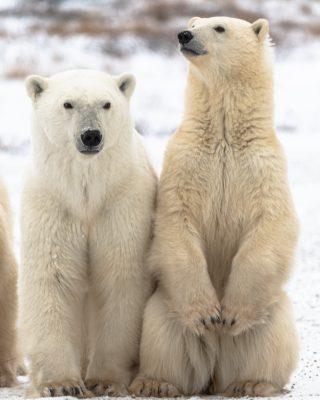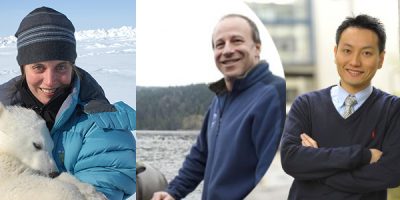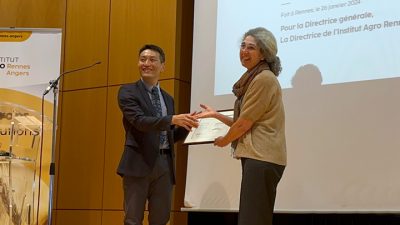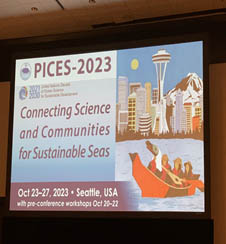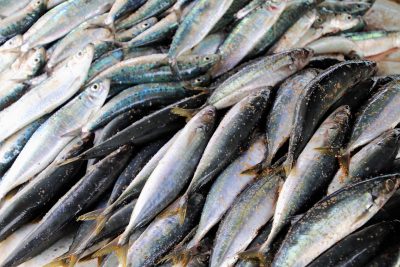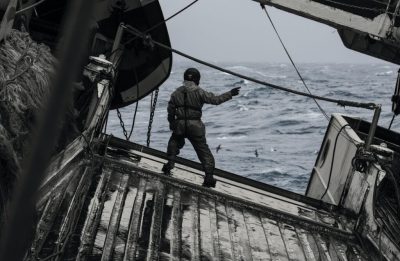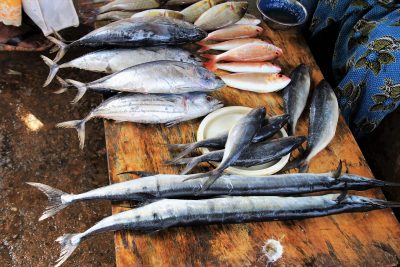William Cheung wins UBC Alumni Achievement Award
He receives the Research and Innovation, which recognizes the important professional and community contributions of UBC alumni who have consistently demonstrated outstanding social achievements in research and innovation.
Increasing temperatures and salinity result in decreased ecosystem diversity, UBC study finds.
Ecosystems can be impacted and changed by a lot of different things, including human activities, stormwater runoff, contaminants, invasive species, and climate change
IOF faculty members receive funding from Government of Canada
Dr. Marie Auger-Méthé’s Canada Research Chair in Statistical Ecology (Tier II) was renewed, and she, along with Dr. William Cheung and Dr. David Rosen received NSERC Discovery Grant funding.
Dr. William Cheung awarded Doctor Honoris Causa degree by Institut Agro
Dr. Cheung will receive this award on Friday, January 26, 2024, at which time he will also present an Open Lecture on the theme: “The future of fish and fisheries under climate change.”
PICES Symposium brought together science from all around the world
Several IOF members presented at the symposium, with Research Associate Dr. Anna McLaskey, winning the best oral presentation in the Biological Oceanography Committee section.
Dr. William Cheung joins UBC’s delegation to COP28
Dr William Cheung will join UBC’s third annual delegation of students, faculty, and staff attending the 28th United Nations Climate Change Conference of the Parties in Dubai, United Arab Emirates, this November
Climate change will have an adverse impact on trophic amplification in marine food webs
Climate-driven changes in ocean environmental conditions — ocean warming, deoxygenation and acidification — are projected to affect the physiological functions of marine organisms, their geographic distributions, biological life cycles and total biomass.
Fish buffered from recent marine heatwaves, showing there’s still time to act on climate change
Fish were surprisingly resilient to marine heatwaves before 2019, highlighting the need to keep seas from warming further, according to new research.
European fisheries under threat, climate change may impact on future catch
Without rapid adaptation or aggressive mitigation tactics, climate change is projected to induce profound negative consequences on future fisheries production in Europe.

